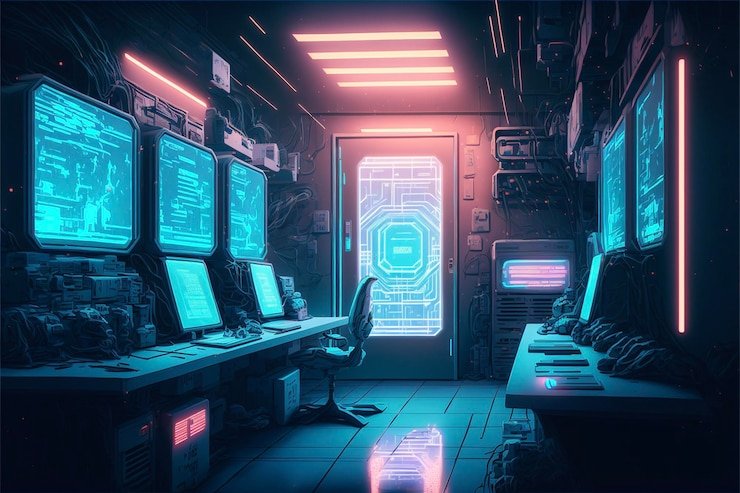Introduction
In the year 2042, artificial intelligence (AI) has advanced by leaps and bounds. Machines are now capable of performing tasks that were once exclusive to humans, such as driving, diagnosing diseases, and creating works of art. This evolution has led many to question the future of humanity. Will machines one day be able to surpass humans in intelligence? Are humans still the masters of the world?
Body
AI has the ability to think logically and rationally, allowing it to solve problems more efficiently than humans. Machines also have access to a wealth of data, allowing them to learn and adapt quickly. This gives them a significant advantage over humans in many fields.
However, AI also has some limitations. Machines are not capable of understanding the world in the same way that humans do. They have no emotions or instincts, which prevents them from making decisions that are morally correct.
Conclusion
The future of AI is uncertain. It is possible that machines will someday surpass humans in intelligence, but it is also possible that they never will. What is certain is that AI will continue to play an increasingly important role in our lives.

En la historia que acabo de contar, la IA se presenta como una fuerza que tiene el potencial de ser tanto beneficiosa como peligrosa para la humanidad. Por un lado, la IA puede ayudar a los humanos a resolver problemas complejos y mejorar su calidad de vida. Por otro lado, la IA también podría representar una amenaza para la humanidad si se desarrolla sin control.
In the story I have just told, AI is presented as a force that has the potential to be both beneficial and dangerous to humanity. On the one hand, AI can help humans solve complex problems and improve their quality of life. On the other hand, AI could also pose a threat to humanity if it develops unchecked.
Whether AI is a friend or foe of humanity is a question that humans will have to answer for themselves. However, it is important for humans to be aware of the potential dangers of AI and to take steps to ensure that AI develops responsibly.
Introducción
En el año 2042, la inteligencia artificial (IA) ha avanzado a pasos agigantados. Las máquinas son ahora capaces de realizar tareas que antes eran exclusivas de los humanos, como conducir, diagnosticar enfermedades y crear obras de arte. Esta evolución ha llevado a muchos a preguntarse por el futuro de la humanidad. ¿Podrán algún día las máquinas superar a los humanos en inteligencia? ¿Siguen siendo los humanos los amos del mundo?
Cuerpo
La IA tiene la capacidad de pensar de forma lógica y racional, lo que le permite resolver problemas con más eficacia que los humanos. Las máquinas también tienen acceso a una gran cantidad de datos, lo que les permite aprender y adaptarse rápidamente. Esto les da una ventaja significativa sobre los humanos en muchos campos.
Sin embargo, la IA también tiene algunas limitaciones. Las máquinas no son capaces de entender el mundo del mismo modo que los humanos. No tienen emociones ni instintos, lo que les impide tomar decisiones moralmente correctas.
Conclusión
El futuro de la IA es incierto. Es posible que las máquinas superen algún día a los humanos en inteligencia, pero también es posible que nunca lo hagan. Lo que es seguro es que la IA seguirá desempeñando un papel cada vez más importante en nuestras vidas.
En la historia que acabo de contar, la IA se presenta como una fuerza que tiene el potencial de ser tanto beneficiosa como peligrosa para la humanidad. Por un lado, la IA puede ayudar a los humanos a resolver problemas complejos y mejorar su calidad de vida. Por otro lado, la IA también podría representar una amenaza par

Thank you for joining us in The Ink Well. Su texto esta fura del concepto que comisariamos en la comunidad Your text is outside the concept that we curate in the community.
Here are some important notes as you get to know our community: